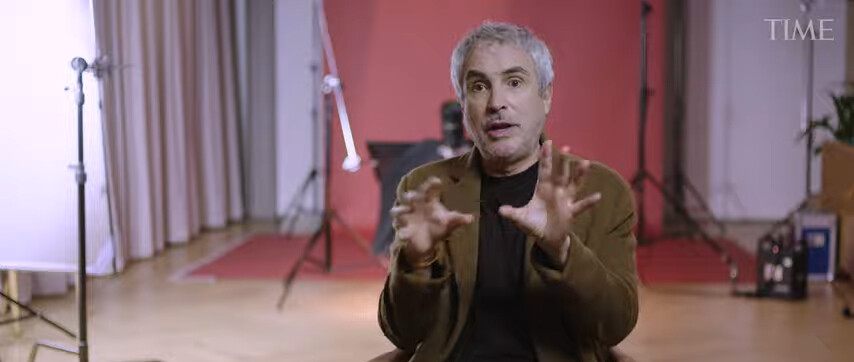For decades, James Bond was untouchable. He didn’t evolve. That’s because he didn’t have to. Bond wasn’t just a spy; he was a fantasy, a cultural anchor, a mirror reflecting what the West wanted to believe about itself. Bond showed us that men could be charming, competent, and, when necessary, cold enough to pull the trigger without flinching.
Those days, however, are long gone. And so is Daniel Craig, the most recent man to wear the tux and, some argue, the last to do so without apology. Lately, the spotlight’s been fixed on who will fill Craig’s boots. But just as important is who’ll be behind the camera. Because if Bond’s swagger is shaped by the actor, his soul is defined by the director. (RELATED: ‘No, Mr. Bond, I Expect You to Die.’)
The rumor, echoing through film circles and whispered by critics with their finger on the pulse, is that Oscar-winner Alfonso Cuarón is set to direct the next installment. If the Mexican signs on, it would be the most prestigious directorial appointment in Bond’s history. And on paper, it’s an exciting prospect. Cuarón is one of the most technically gifted filmmakers around today. He made Children of Men, one of the riveting and relevant dystopian films of the 21st century. He made Gravity, a masterclass in cinematic tension. He also made Roma, which was both personal and poetic. But what he hasn’t made is anything like a Bond film.
That matters — a lot.
Bond is no longer on steady footing. What was once a sleek, stylized, unapologetically masculine franchise has, in recent years, been pulled apart and “updated” to meet modern demands. The result? Essentially, a character who used to stride through chaos now gets consumed by it. No Time to Die didn’t just close the door on the Daniel Craig era; it burned the entire house down. Bond was turned into a symbol of fragile masculinity, unfit for the world he once conquered. He was outshone, sidelined, and ultimately sacrificed.
The franchise’s recent obsession with atonement has made Bond feel less like a character and more like a guilty legacy. He used to seduce women. Now he mourns them. He used to win. Now he dies to make room.
Enter Cuarón.
His films are cerebral, emotionally raw, and politically loaded. But, I ask, what happens when that sensibility is poured into a franchise already drowning in existential doubt? No Time to Die ended with Bond’s death not because it made narrative sense, but because it felt like the inevitable conclusion to a character modern Hollywood no longer knew how to handle. And that’s what makes Cuarón’s rumored appointment so fascinating, and so worrying.
Will he direct an elegant, emotionally intelligent Bond film? Undoubtedly. But will it be Bond as we know and love him? I doubt it. The franchise doesn’t need more penance and reflection. It needs revival. It needs bite. It needs fun.
Cuarón, for all his artistic brilliance, is not the obvious choice to restore that confidence. He is a master of mood, not momentum. His films unfold like meditations, not missions. His gift is in lingering, not charging ahead. In exploring wounds, not weaponizing them. His best work dissects power, pain, and loss with a slow, deliberate scalpel, not the blunt force and speed a Bond film demands. That might make for a remarkable film. But it might not make for a good Bond film.
The best Bond films were fantasies with an edge. They were brutal, sleek, and very cool. Think Casino Royale, Craig’s debut that balanced elegance with intensity, and modernized Bond without cheapening him. It was sharp, stylish, and emotionally grounded. It proved the franchise could move forward without turning its back on what worked. But everything that followed, especially Spectre and No Time to Die, showed what happens when ideology replaces identity. Without a clear sense of who Bond is, the films stopped building on his legacy and began eroding it.
Reinvention isn’t inherently bad. But losing the plot, literally and spiritually, is. Bond was never meant to be relatable. He was aspirational. A blunt instrument in a tailored suit. He’s been many things over the decades, but the throughline has always been simple: control, composure, and consequence. Remove that, and you’re left with nothing but a name.
If Cuarón takes charge, the studio has a choice to make. Do they let him make a Bond film? Or do they let him make his film, with Bond’s name slapped on it? The former could resurrect the franchise. The latter might be its final chapter.
READ MORE from John Mac Ghlionn:
Tom Hanks, Samurai Swords, and Neo-Nazis — Yes, Really!
























